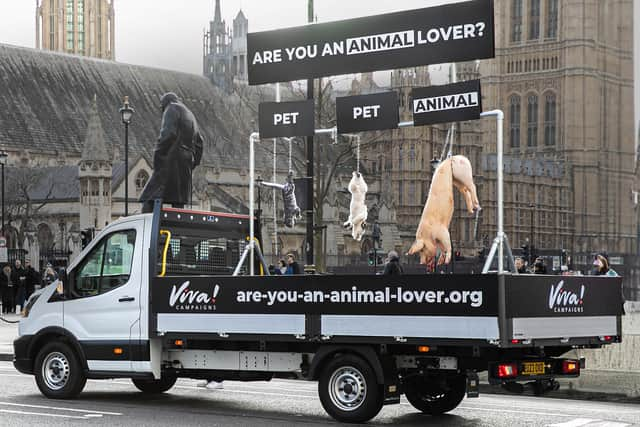Body Shop’s UK arm close to bankruptcy: report
- The Body Shop, the near 50-year-old cosmetics company renowned for its ethical hair and skin products, is near bankrupt in the UK after poor Christmas trade, media has reported.
Sky News on Sunday reported that German private equity firm Aurelius, which bought The Body Shop only in November, is lining up administration — a UK process whereby financial experts are drafted in to try and save parts of a business.
It said this would result in shop closures and job losses for The Body Shop, founded in 1976 by Anita Roddick but which has been under various owners since she sold it to French cosmetics giant L’Oreal in 2006.
The Body Shop has about 200 shops in the UK, or around seven percent of its worldwide total of some 3,000 stores in more than 70 countries.
The company directly employs about 10,000 staff, while 12,000 more are employed via franchises.
The Body Shop and Aurelius had yet to comment on the weekend news.
Since taking over, Aurelius has already sold The Body Shop business in most of mainland Europe and parts of Asia to an unnamed buyer.
“Administration will mean the company is protected from compulsory liquidation and offers legal protection from creditors’ demands,” noted Susannah Streeter, head of money and markets at Hargreaves Lansdown.
“It will give Aurelius breathing space to restructure and close highly underperforming stores and refocus attention on e-commerce sales. Whatever the outcome, it looks likely that many shops will shut for good.”
Roddick, who died in 2007 from a brain haemorrhage, had rapidly expanded the business from modest beginnings with a determination to offer products that had not been tested on animals.
She set out also to make her business environmentally-friendly, with customers encouraged to return empty containers for refilling at the original shop in Brighton, on England’s southern coast.
Brazil’s Natura Cosmeticos, which had bought The Body Shop from L’Oreal, sold it at the end of last year to Aurelius for £207 million, far less than the previous owners had paid.











